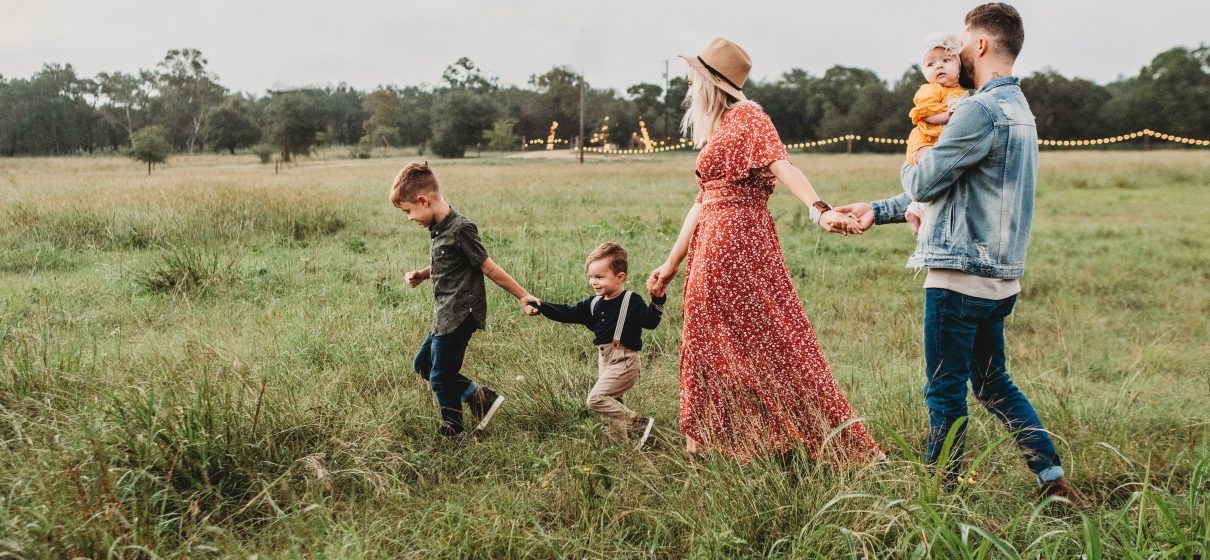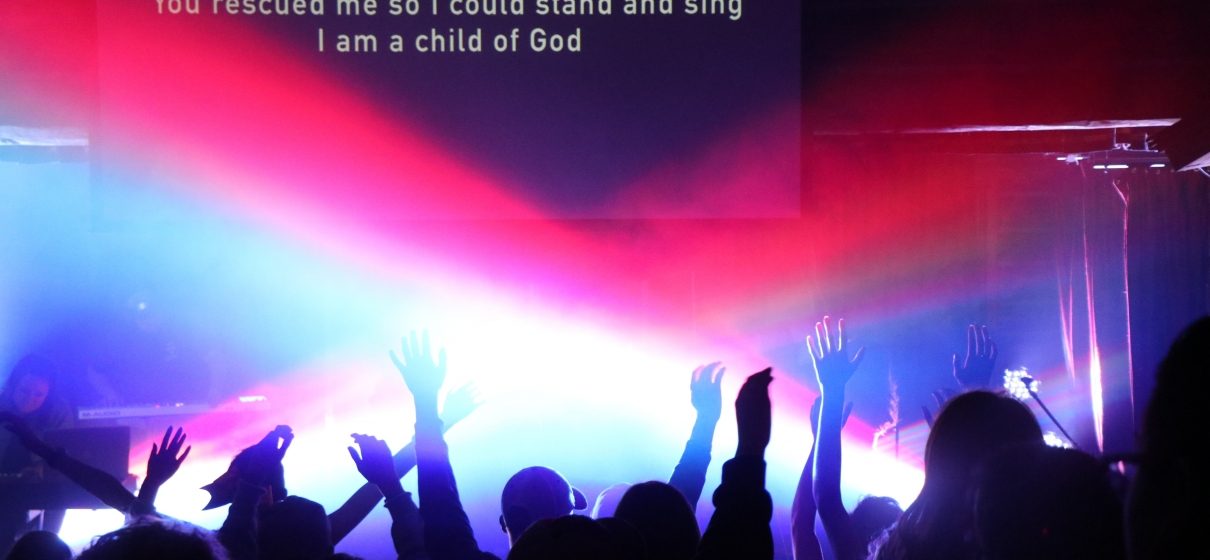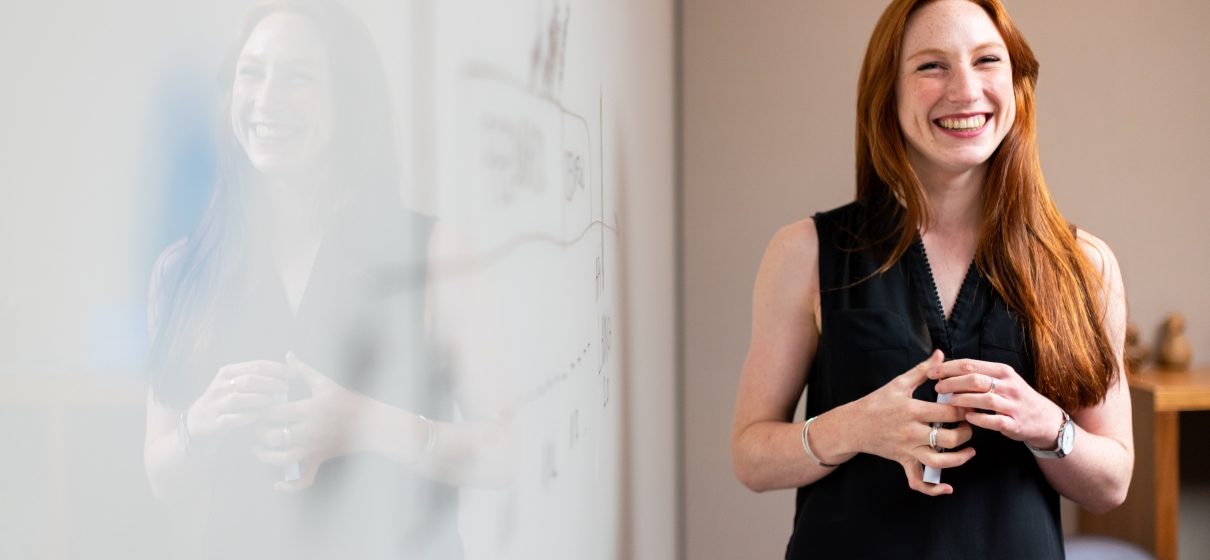Introverts and Evangelism
When we talk about living on mission, there is a group of us who reflexively recoil at the thought of having to share the gospel in unfamiliar situations: introverts.
Before anyone gets defensive, I would never use introvert as a four-letter word. I love being an introvert, and God loves that I am an introvert too; it is he, after all, who creates both introverts and extroverts.
Still, being an introvert can present a unique set of challenges when doing the work of spreading Jesus’ good news.
If you find yourself at a loss, not knowing where to even begin, I want to offer you four things to remember as an introverted disciple of Christ. I hope they will encourage you to boldly share the good news of Jesus.
1. God Doesn’t Let Us Hide Behind Our Personality
For years, I would justify my reluctance to talk about Jesus by quickly throwing out what I like to call the introvert’s favorite quote:
“Preach the Gospel at all times; when necessary, use words.”
– (maybe) St. Francis of Assisi (but probably not)
The idea that if my life looks enough like Jesus then I won’t ever have to tell people about Jesus is nice on the surface but breaks down under the slightest examination.
First, I can easily convince myself that my life looks a lot more like Jesus than it really does. Second, “when necessary, use words” is not the same thing as “I don’t ever have to use words!” Finally, nobody’s life looks more like Jesus than Jesus’ did, and he spent his entire ministry telling people the good news of the Kingdom of God.
2. Lean Into Your Strengths
Extroversion and introversion are not good and bad personality traits, they are different personality traits.
You may not be good at meeting new people, public speaking, or working a crowd, but Scripture does not actually identify any of those things as essential to evangelism.
Many introverts prefer fewer and smaller interactions, but what we lack in volume we tend to make up for in depth. Introverts are often good listeners, show high levels of empathy, and exhibit long patience.
The messy business of developing deep relationships is often the vehicle for bringing the Gospel to specific issues in the lives of those closest to us.
3. God Rarely Leaves Us In Our Comfort Zone
Reading through the Bible is a lesson in God calling people to things they would never have imagined doing on their own.
Abraham (99 years old) and Sarah (90 years old) were elderly and childless when God promised that Sarah would give birth to Isaac, and that Abraham’s descendants would be as numerous as the stars. David was the youngest and smallest of eight brothers, and a shepherd to whom God gave the faith to defeat Goliath, the Philistines’ greatest warrior and Israel’s greatest enemy. Mary was an unwed teenager when God called her to the most unique of roles of carrying, giving birth to, and being the mother of the promised Messiah. Paul was a zealous Pharisee who persecuted Christians until he met the risen Jesus and was turned into a church planter who brought the Gospel to the Gentiles.
When God calls us into situations that are completely uncomfortable, that we could never imagine ourselves in, and that require us to grow in ways we would rather not, his power and glory shine through us unmistakably.
4. Evangelism ≠ Preaching A Sermon
When you read the gospels, you see Jesus bringing the good news of the Kingdom of God to people in many different ways.
Jesus performed miracles at a wedding celebration, preached the Sermon on the Mount to thousands of people, taught publicly in the synagogues, patiently explained his mission to the 12 disciples, and spoke individually to the Samaritan woman at the well.
While God never guarantees that he won’t ever call introverts to share his good news to an uncomfortably large group of people, he does regularly call us to spread the Gospel in the situations we most often find ourselves in. Situations like a quiet gathering with close friends, an intimate conversation with the neighbor struggling at home, or even the extrovert who likes to talk to you because they know you will truly listen. These are all situations you have probably found yourself in, and all great opportunities to share the Gospel.
As you go about your daily life, my prayer for you is that God would not only open your eyes to opportunities for sharing his good news, but that he would grant you the confidence to know that he has called you to a uniquely important way of doing so.










